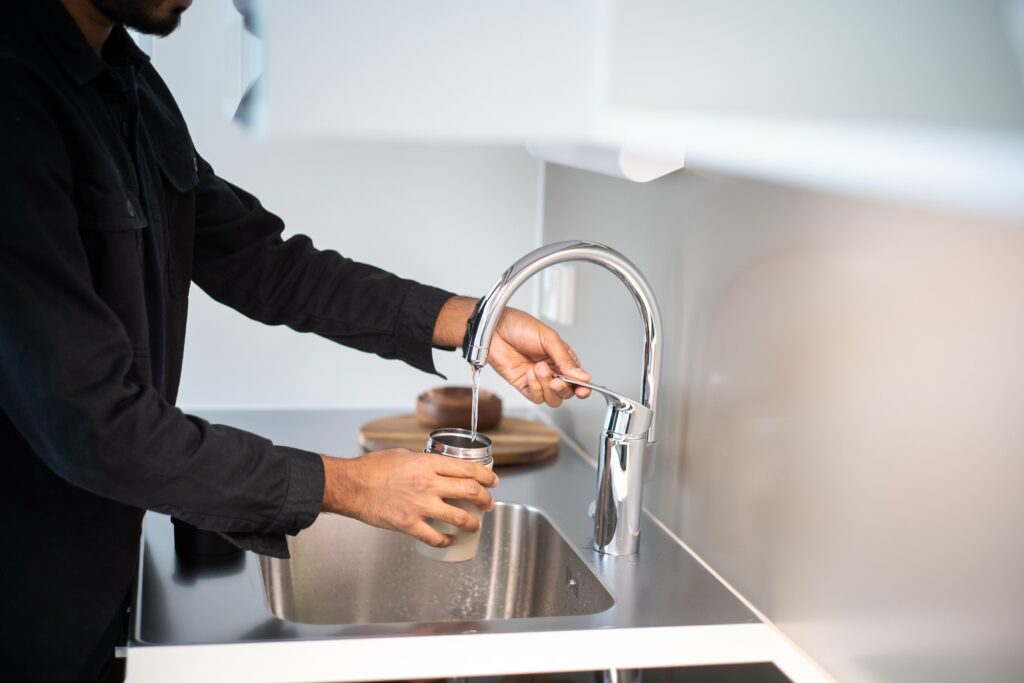Happy Energy Saving Week, Koas residents!
In this blog we share energy saving tips that require slightly more effort. Which ones are you familiar with and which ones you intend to practice?
Small actions have a big impact when we do them together. Even if you don’t pay your energy by yourself, your consumption is a part of the big picture. The national Energy Saving Week brings these themes forward on Oct 9-15, 2023.
Read the second level tips below or download all the tips here.

Level 2 tips: Small actions, big impact
- Shorten your showers
Only stay in the shower for the time you need for washing, and close the shower while soaping. For example, a 5-minute warm shower consumes 60 liters, aka 60 buckets of water (flow 12 l/min). In a year, it makes almost 800 kWh of energy. Imagine what 10- or 30-min showers make?
- Take advantage of common sauna time slots
If common sauna slots, the so called jogging saunas, are available, use them instead of private turns. This way many more people can enjoy the warmth of the heated sauna.
- Dry the laundry on a rack
Drying laundry on a rack indoors or outdoors does not consume energy, unlike a dryer. Remember to let the washing machine do the spin properly! Also, do not bring soaking wet laundry to your apartment.
- Check window seals and draft.
If a window seal leaks, report to maintenance.
- Turn down the heatíng when you’re away.
If you are away from home for several days, turn the radiator down a notch or two.
- Adjust the underfloor heating in the bathroom (if applicable)
If your bathroom has underfloor heating, it’s enough that the floor feels just slightly warm to your feet, not hot. The low temperature saves electricity and still keeps the bathroom dry.
- Use the pre and residual heat of your oven.
You can often warm the food in the oven already while the oven is heating up, so you don’t have to keep the oven on for so long. Also remember the residual heat, i.e. the time when the oven is still warm, but has already been turned off.
- Keep electricity use to a minimum between 8am and 10am and between 4pm and 6pm.
Avoid at least the most energy-consuming devices as the peak times may cause heavy stress on the electricity network and demand, which increases the price of electricity.